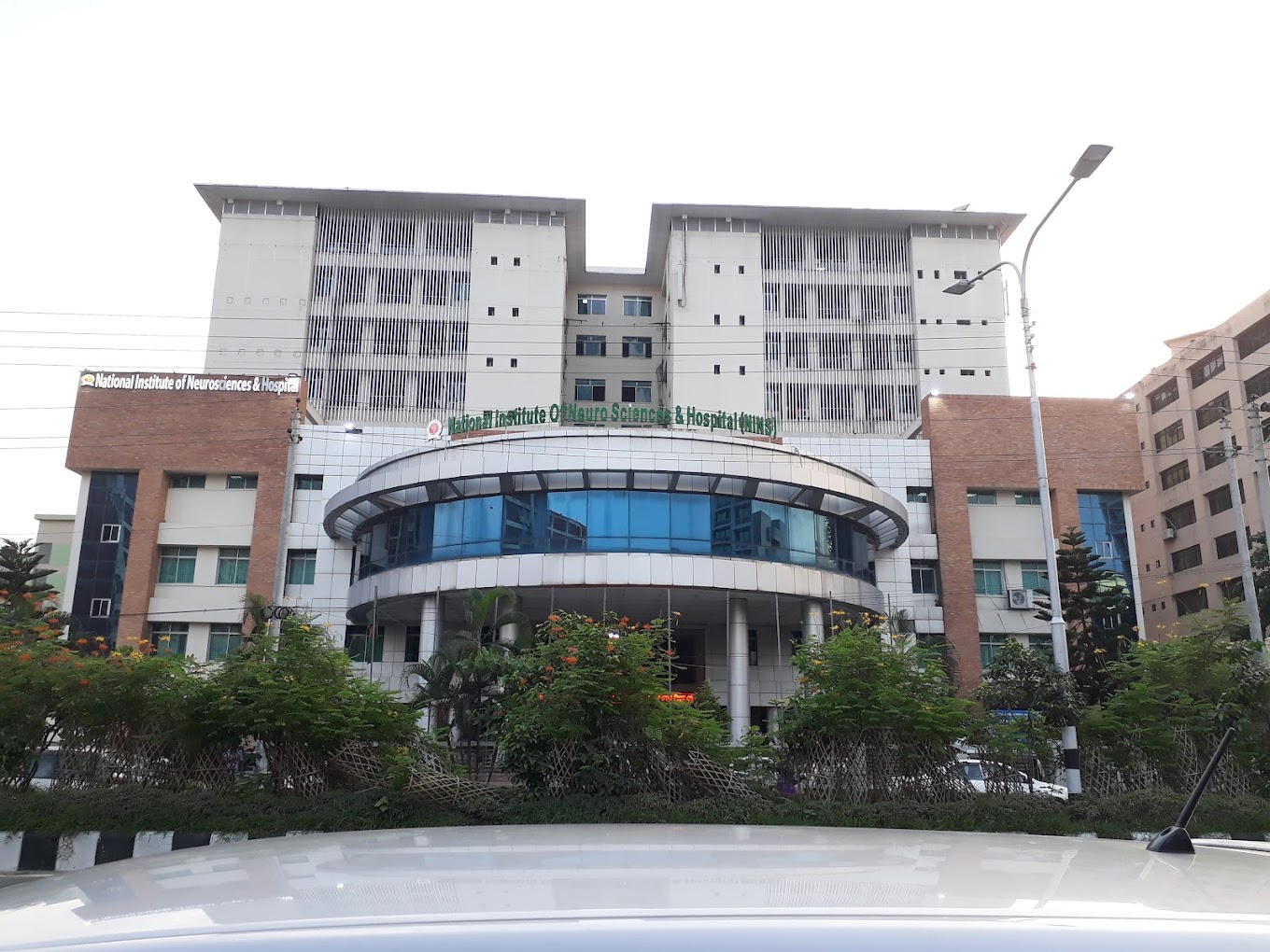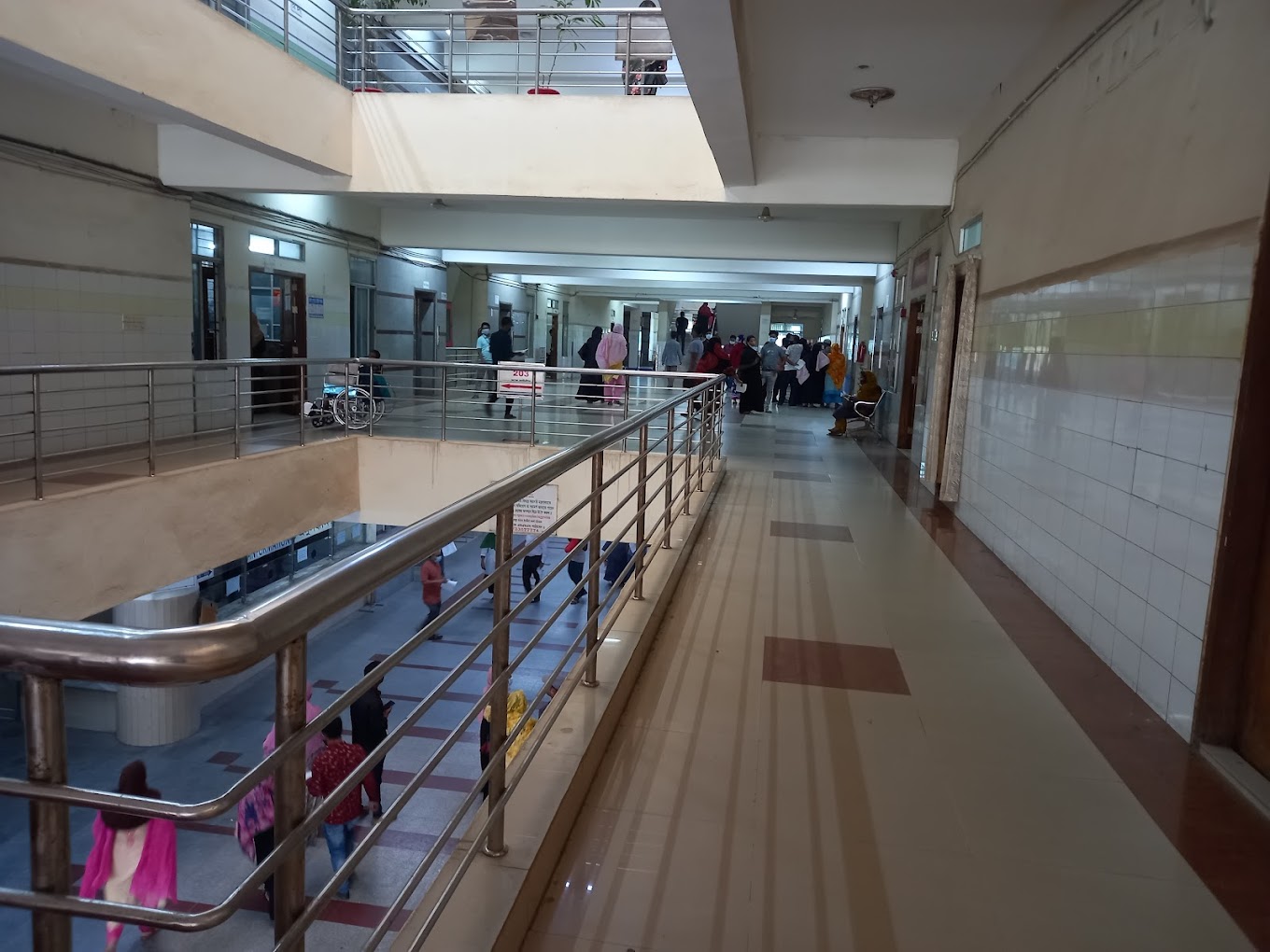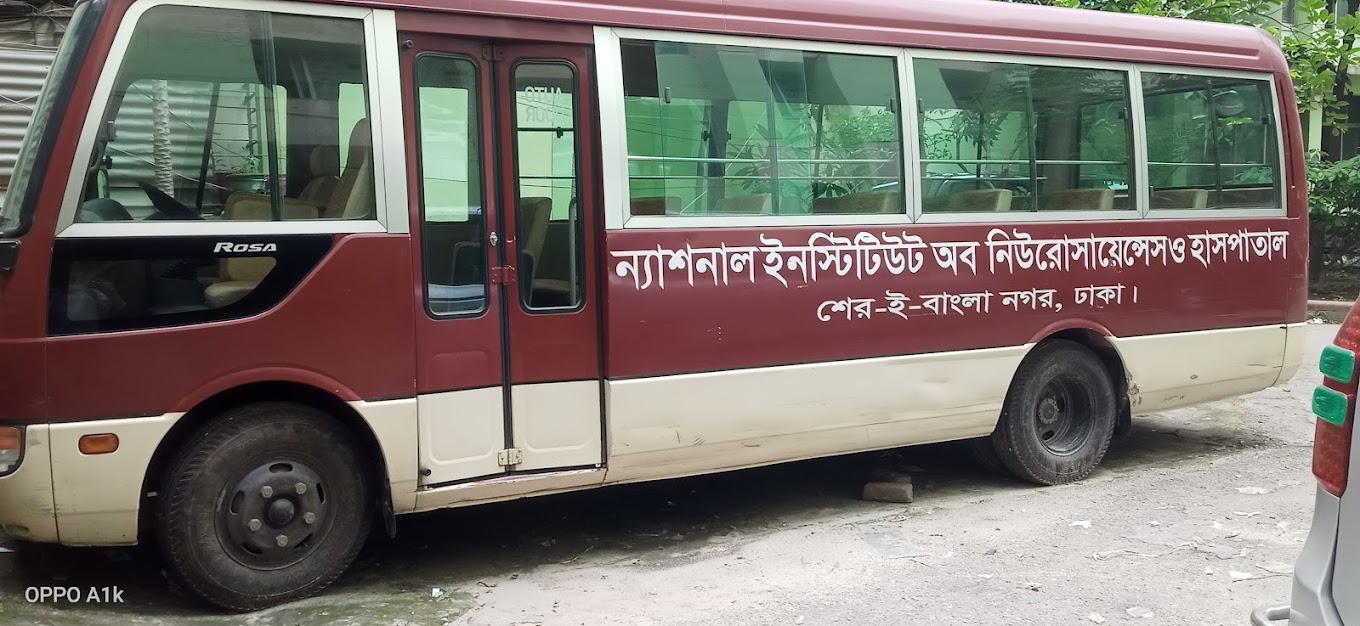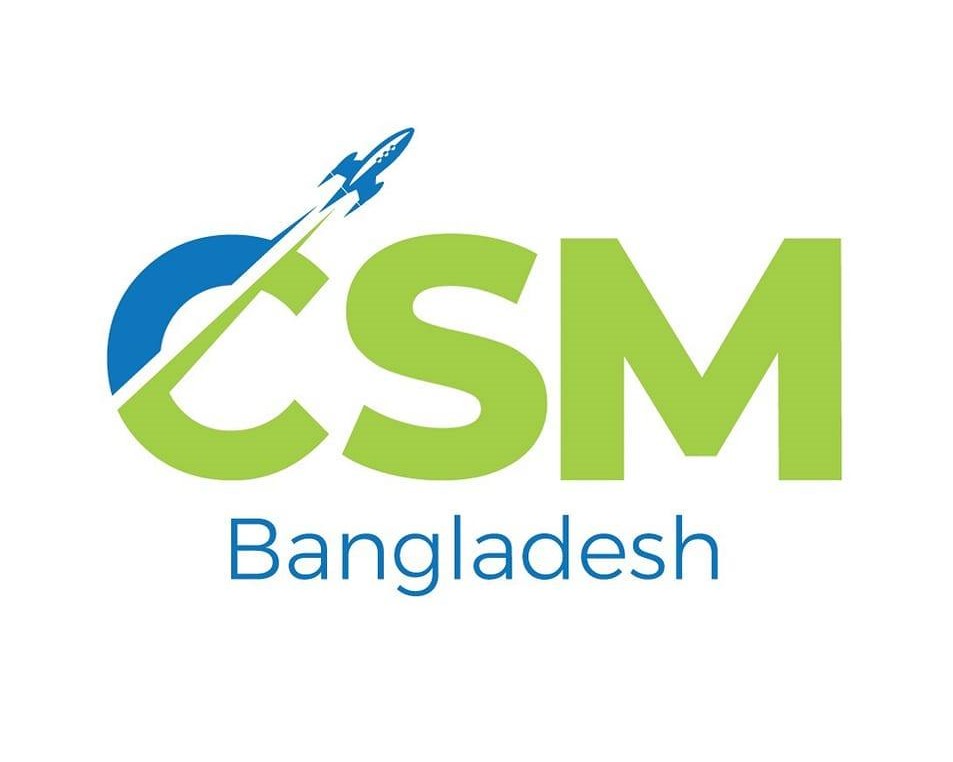National Institute of Neurosciences & Hospital
National Institute of Neurosciences & Hospital in Sher-e-Bangla Nagar, Dhaka
National Institute of Neurosciences & Hospital (NINS) is a state-run tertiary care institute focused on neurological disorders in Bangladesh. It is located at Agargaon in Dhaka. Bangladeshi neurologist Prof Quazi Deen Mohammad is the founding director of this institute.
The institute started its journey in September 2012. Prime Minister Sheikh Hasina inaugurated this Institute.
The Director of NINS is the administrative chief of the institute. He is assisted by Joint Director, Deputy Director, and Assistant Directors (Admin, Finance & Store). Executive officers assist them in this task.
It's a 450-bed hospital. In its ten-story building, it has six modern operation theaters, a 16-bed ICU, a 12-bed HDU, a six-bed Recovery Unit, and a 12-bed post-operative room. The hospital is equipped with the most modern radiology and imaging department. It has a 24x7 emergency unit. There are many Medical Technologists,So 24x7 diagnostic services (Blood, urine, ECG, CT Scan etc) are available.
Facilities
 Online Scheduling
Online Scheduling Well Maintained Wards
Well Maintained Wards 24/7 Nurse Availability
24/7 Nurse Availability Emergency Wards
Emergency Wards ICU
ICU Health Insurance
Health Insurance Food Facilities
Food Facilities
Hours of Operation
12:00 AM
to
11:59 PM
12:00 AM
to
11:59 PM
12:00 AM
to
11:59 PM
12:00 AM
to
11:59 PM
12:00 AM
to
11:59 PM
12:00 AM
to
11:59 PM
12:00 AM
to
11:59 PM
Payment Method
Reviews
Location Map


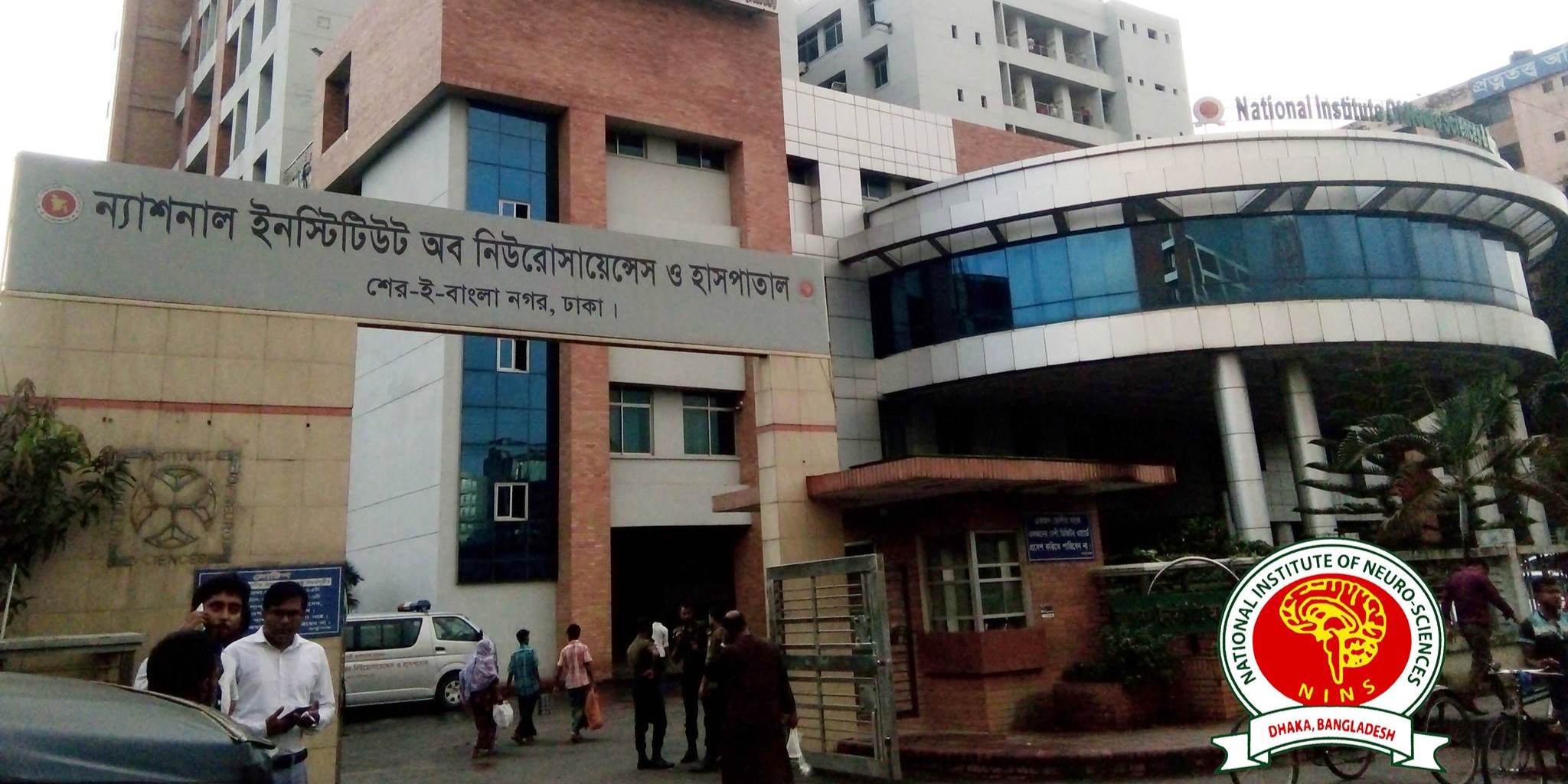
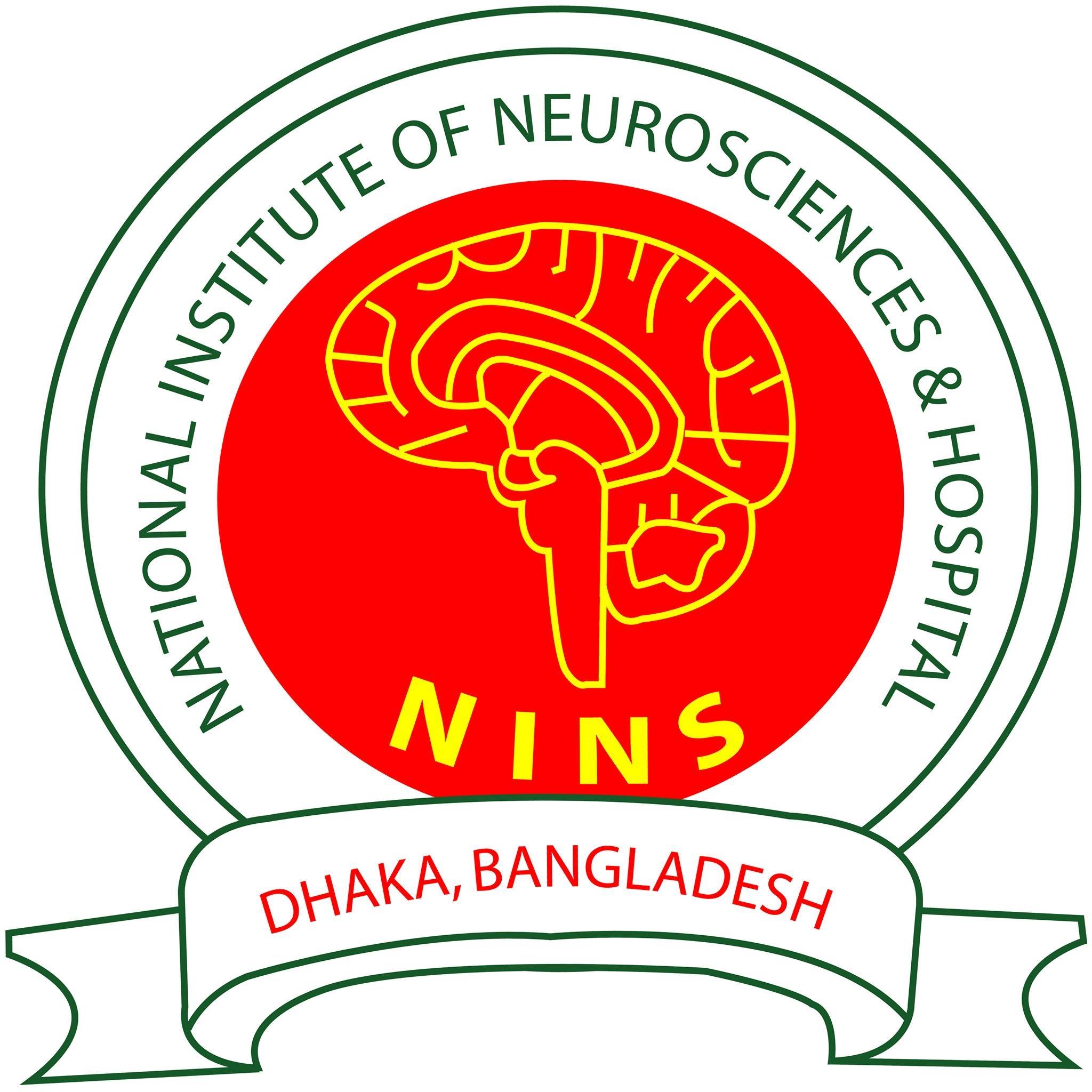



 Direction
Direction 826
826 Check In
Check In
 View Map
View Map Claim it
Claim it